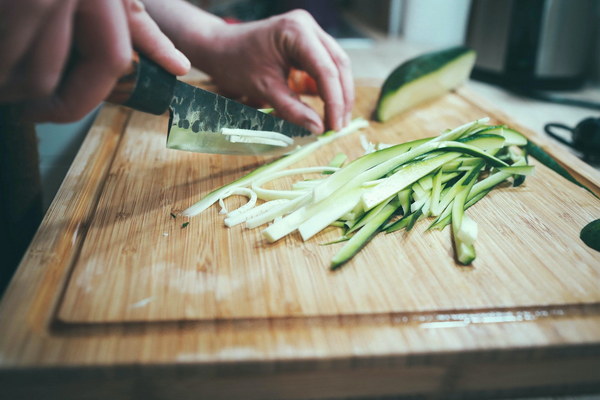Sweating Away the Wetness How Perspiration Purifies the Blood
In the realm of traditional Chinese medicine, sweating is considered a crucial method for expelling dampness or phlegm from the body. The concept of dampness refers to a type of pathogenic factor that can cause various health issues when it accumulates in the body. By understanding the role of sweating in purifying the blood and eliminating dampness, we can appreciate the significance of this ancient practice in modern times.
To begin with, it is essential to comprehend the nature of dampness. Dampness is a common cause of discomfort and illness in TCM, as it is believed to affect the body's internal environment. It is characterized by a sensation of heaviness, fatigue, and a tendency to accumulate in the body's tissues and organs. Dampness can be caused by various factors, such as excessive intake of cold and damp foods, exposure to wet weather, and poor circulation.
One of the primary ways the body eliminates dampness is through sweating. When we sweat, the body releases excess moisture, which helps to balance the body's internal environment. This process is also known as diaphoresis and is considered an essential aspect of maintaining health in TCM. By promoting the flow of Qi (vital energy) and blood, sweating aids in expelling dampness from the body.
The act of sweating is not only beneficial for removing dampness but also plays a crucial role in purifying the blood. The blood is the substance that circulates throughout the body, providing nutrients and oxygen to all tissues. However, blood can become polluted with various toxins and impurities, leading to health issues. Sweating helps to cleanse the blood by removing these harmful substances.
Here are some ways in which sweating can purify the blood and eliminate dampness:
1. Enhanced circulation: When we sweat, the blood vessels dilate, which increases blood flow. This improved circulation allows the blood to carry away toxins and impurities, promoting overall health.
2. Detoxification: Sweating helps to eliminate toxins from the body, including heavy metals and other harmful substances. This detoxification process is essential for maintaining a healthy blood supply.
3. Improved lung function: The lungs play a crucial role in the process of sweating. When the lungs are healthy, they can effectively expel dampness and other impurities through the skin. This not only helps to eliminate dampness but also supports the respiratory system.
4. Enhanced immune function: Sweating can boost the immune system by increasing the production of white blood cells, which help to fight off infections and diseases.
To maximize the benefits of sweating for purifying the blood and eliminating dampness, here are some tips:
- Engage in regular exercise: Physical activity stimulates the body to sweat and promotes the circulation of Qi and blood.
- Maintain a balanced diet: Avoid cold and damp foods, such as ice cream, cold drinks, and raw vegetables. Instead, opt for warm and nourishing foods that support the body's internal environment.

- Stay hydrated: Drinking plenty of water helps to flush out toxins and maintain a healthy blood supply.
- Practice stress-reducing techniques: Stress can lead to the accumulation of dampness in the body. Activities such as meditation, yoga, and tai chi can help to reduce stress levels.
In conclusion, sweating is a vital process for purifying the blood and eliminating dampness in traditional Chinese medicine. By promoting circulation, detoxification, and immune function, sweating helps to maintain overall health and well-being. By incorporating sweating into our daily routines and adopting a healthy lifestyle, we can harness the power of this ancient practice to improve our health and longevity.









